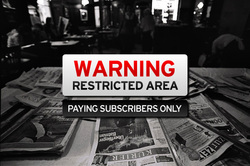
Freedom of speech is essential in a liberal democracy, and indeed an informed citizenry is critical to the functioning of a democracy. But is information in countries like Canada free? Or is it controlled by publishers for their own profit?
The recent suicide of internet activist Aaron Schwartz has brought the Open Access movement back into the news, but as this recent article in al-jazeera points out, freedom of access to scholarly articles is about more than just being able to read a news article or a paper published by an academic researcher free of charge. It can be a life and death issue for people in less free nations.
The article describes how the government of Uzbekistan created a fictional terrorist group in order to justify the shooting of civilian protesters. Yet the first article published about the event was posted behind an academic firewall- that is, posted in a journal that only people affiliated with a university could access. Scholars receive no money for these articles- the only profit goes to the website publishers. So the article was also published in an open access journal where it has since been used to help obtain freedom for political refugees.
The recent suicide of internet activist Aaron Schwartz has brought the Open Access movement back into the news, but as this recent article in al-jazeera points out, freedom of access to scholarly articles is about more than just being able to read a news article or a paper published by an academic researcher free of charge. It can be a life and death issue for people in less free nations.
The article describes how the government of Uzbekistan created a fictional terrorist group in order to justify the shooting of civilian protesters. Yet the first article published about the event was posted behind an academic firewall- that is, posted in a journal that only people affiliated with a university could access. Scholars receive no money for these articles- the only profit goes to the website publishers. So the article was also published in an open access journal where it has since been used to help obtain freedom for political refugees.
Aaron Schwartz downloaded articles from JSTOR, an academic digital archives at MIT, because he believed information should be free. Before he committed suicide, he faced 4 million dollars worth of lawsuits and 30 years in jail .
Yes, it costs money to produce websites such as JSTOR. But who owns information? If knowledge is power, who should control it? What is the price of freedom?
Yes, it costs money to produce websites such as JSTOR. But who owns information? If knowledge is power, who should control it? What is the price of freedom?
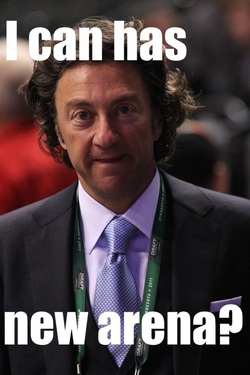
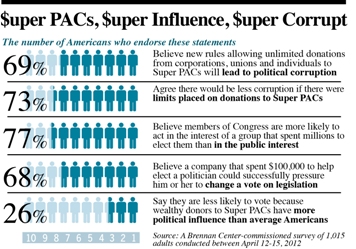
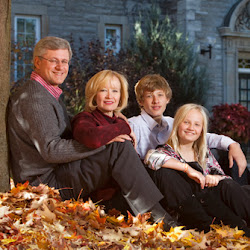
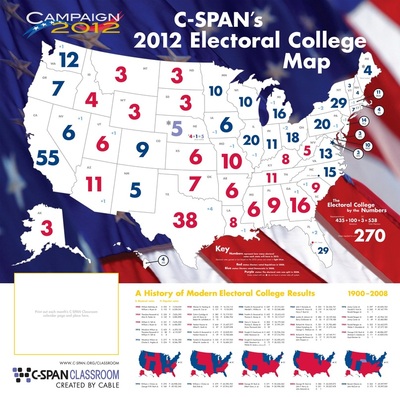
 RSS Feed
RSS Feed